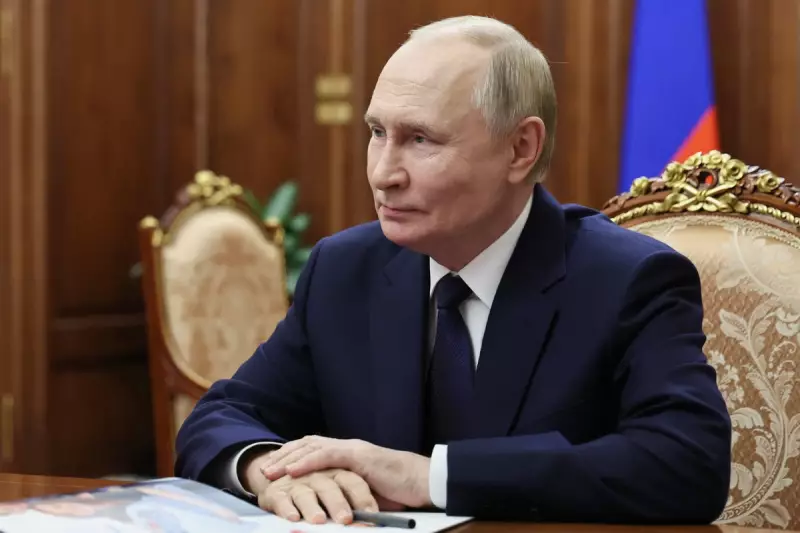
In a dramatic escalation of economic hostilities, Russia's parliament has taken decisive steps toward authorising the confiscation of Western assets, signalling a bold retaliatory strike against nations that have frozen Russian state holdings.
Parliamentary Push for Economic Retaliation
The State Duma, Russia's lower house of parliament, has overwhelmingly approved the initial reading of groundbreaking legislation that would empower authorities to seize property from individuals and entities deemed "unfriendly" to Russian interests. This move comes as direct retaliation for approximately $300 billion in Russian central bank assets currently frozen by Western nations.
Nuclear Rhetoric Intensifies Standoff
The legislative advancement coincides with increasingly aggressive nuclear posturing from Moscow. Former President Dmitry Medvedev, now deputy chairman of Russia's Security Council, has openly threatened nuclear retaliation against Western nations, starkly warning that attempts to pressure Russia could trigger "a nuclear response toward the bunch of our enemies."
Targeting Critics and Opposition Figures
The proposed law casts a wide net, potentially ensnaring not only corporate assets but also targeting individuals who publicly criticise Russia's military operations in Ukraine. This provision raises significant concerns about freedom of expression and could affect numerous journalists, activists, and opposition figures with ties to Western countries.
International Condemnation and Legal Challenges
European officials have condemned Russia's retaliatory measures, with European Commission President Ursula von der Leyen asserting that Moscow must be held financially accountable for Ukraine's reconstruction. The European Union is simultaneously advancing plans to utilise frozen Russian asset profits, estimated at nearly $4 billion annually, for Ukrainian recovery efforts.
Economic Warfare Reaches New Heights
This legislative manoeuvre represents the latest volley in an escalating economic conflict between Russia and Western powers. As both sides dig in their heels, the potential for reciprocal asset seizures threatens to further destabilise international economic relations and complicate future diplomatic resolutions.
What Comes Next?
The legislation must clear two additional parliamentary readings before advancing to the upper house and ultimately requiring President Putin's signature. With the Kremlin's firm backing, the bill's passage appears increasingly inevitable, setting the stage for a new phase in the economic dimension of the Ukraine conflict.





